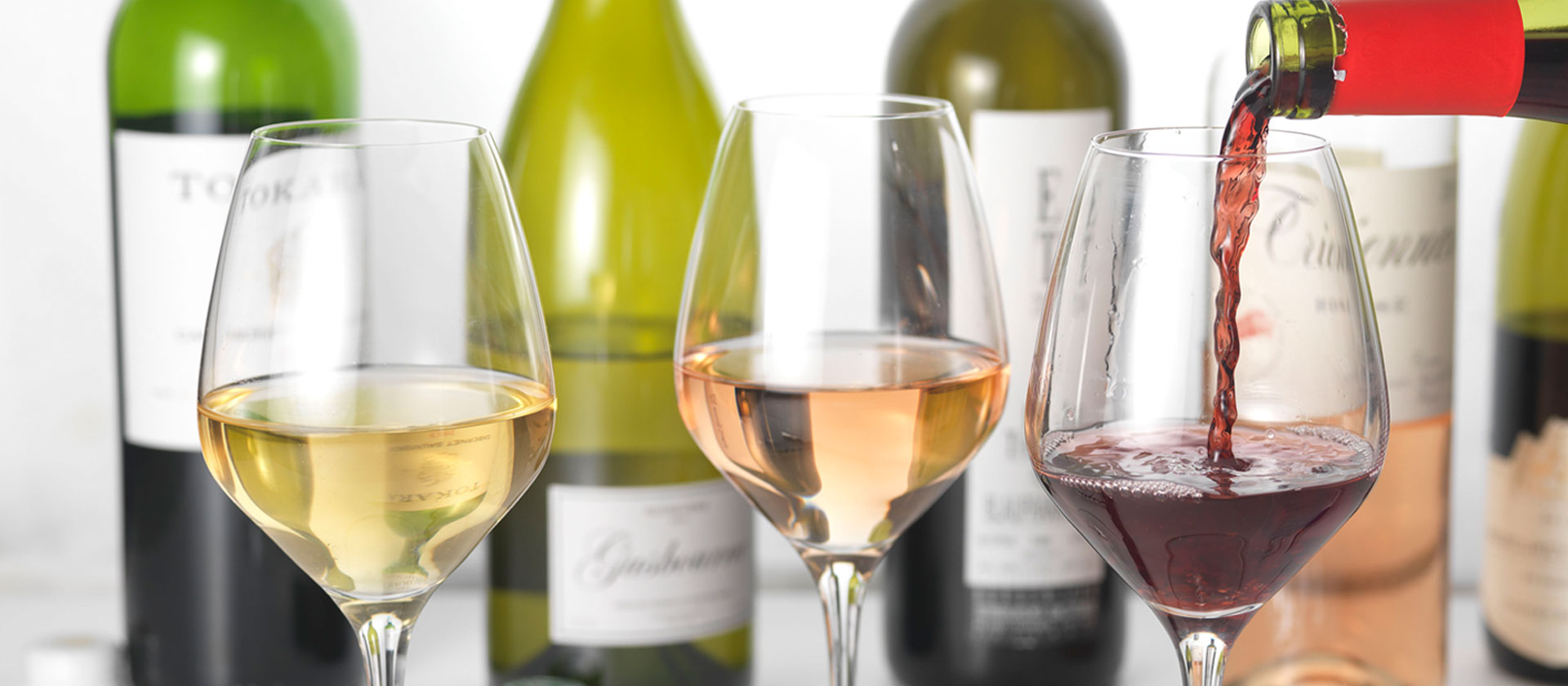
But aren’t all wines sustainable? Traditionally, no: it wasn’t thought that the condition of the soil could impact the quality of a harvest so with industrialization came the use of synthetic herbicides, pesticides, fungicides and fertilizer. These were spread in the vineyard using heavy machinery which compacts the soil, which can lead to the end-product suffering.
To solve these issues, a more sustainable approach was implemented and adopted by most wineries. The use of chemicals was reduced so the soil isn’t contaminated, but some treatments are still used as a last resort, with fungal disease sometimes requiring their use.
Sustainability can mean different things for different industries. In terms of wine making, it considers the direct agricultural impacts of the growing process, the waste generated and its use in trying to achieve a carbon neutral status. It takes a lot of water and energy to grow grapes, process and bottle the wine ready to be poured into your glass, so conserving and recycling water during the growing process and using renewable energy helps to reduce a vineyard’s carbon footprint. Some wineries even take measures to plant vines close to the ground, which allows for better water retention than traditional neat rows of vines. There are also organic, biodynamic and natural wines to consider, but that’s a story for another time.
Want to find out more? In our Sustainable Wines short course at Le Cordon Bleu London, you’ll learn the difference between organic, biodynamic and natural wines. You’ll taste eight wines from a variety of countries, including sparkling, white, orange, pink and red wines.
If you're curious about wine, discover all our professional and casual wine and beverage courses.
Copyright © 2026 Le Cordon Bleu International B.V. All Rights Reserved.